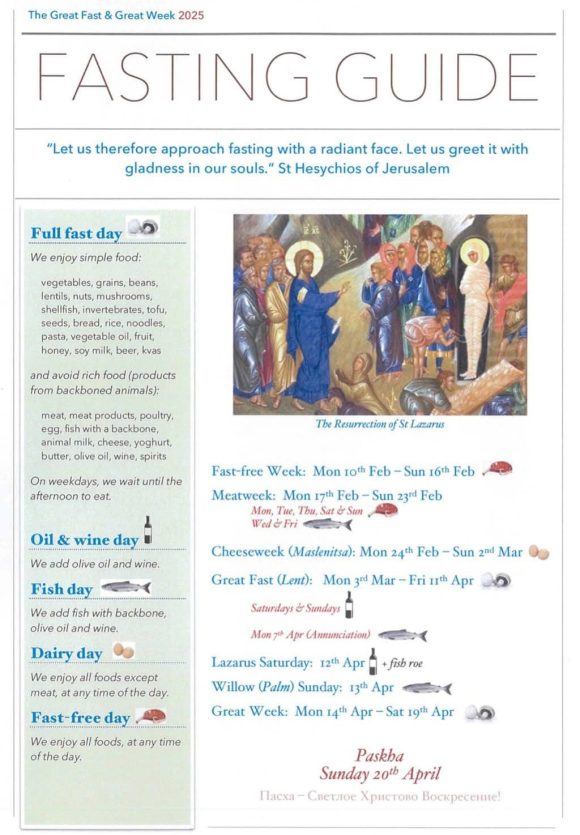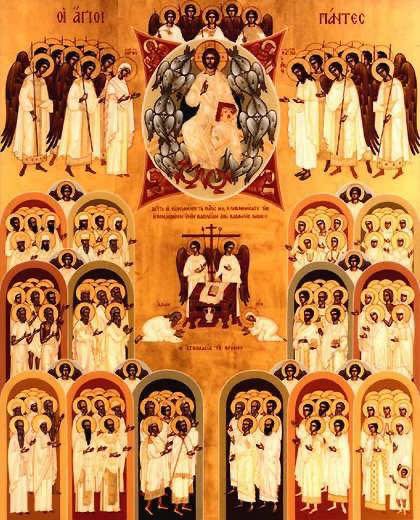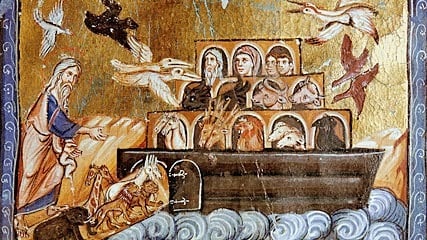The wisdom of the Church is that we fast according to what we are able. Some can follow the Lenten guide well, others due to age or health may not be able to follow the guide –do the best you can do. All can do something. An important note: we do not approach the Fast legalistically.
A good rule of thumb is do as much as you think you can, and then a little bit more (and next year, build on that). Remember that prayer and almsgiving are the other two pillars of Lent, so attend the Liturgy of the Pre-sanctified Gifts (Fridays at 7pm starting on March 14) and whatever other Lenten services are offered; and give generously to those in need. The purpose of fasting is to open ourselves up to the spiritual life, to theosis (divinization), coming closer to life in the Holy Trinity, turning away from sin and living in Grace.
When questions/concerns arise, you ought to prayerfully discern with your spiritual father (e.g., Father Iura) how you will observe the fast this year. If you become fixated on what you are eating, you are doing it wrong.


